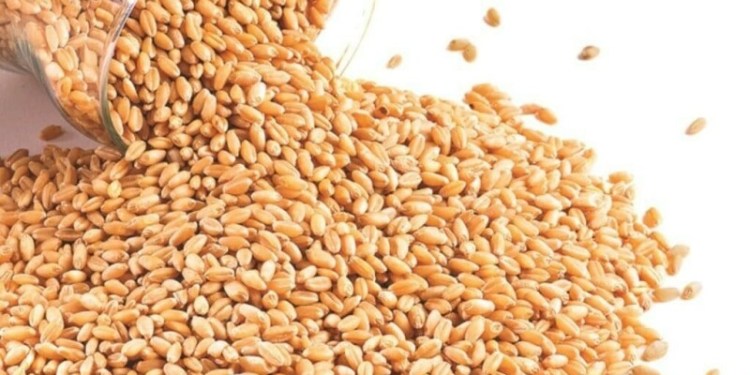Thursday, 05 November 2015 17:52
 HANOI: Trading on Asia’s robusta coffee market slowed this week as buyers were waiting for fresh beans in Vietnam, while Indonesia faced limited supply after the harvest ended, traders said on Thursday.
HANOI: Trading on Asia’s robusta coffee market slowed this week as buyers were waiting for fresh beans in Vietnam, while Indonesia faced limited supply after the harvest ended, traders said on Thursday.
The harvest has been under way in Vietnam, the world’s largest producer and exporter of robusta coffee, but rain in recent days has delayed the picking process and cherry drying, traders said.
“Farmers are not rushing (to sell), waiting for prices to rise as they think if they do not take good care of the trees, output of the next crop will drop and prices could rise,” said a trader in Daklak, the country’s largest growing province.
Growers’ sales are also slow because farmers are targeting their selling price at $ 1.70-$ 1.79 per kg, the trader said, above the domestic market prices of around $ 1.6 per kg on Thursday.
January robusta futures rose $ 25, or 1.5 percent, to $ 1,670 per tonne on Wednesday, with traders eyeing continued dry weather in Brazil’s growing regions.
Vietnam’s robusta grade 2, 5 percent black and broken beans were offered at premiums of $ 10-$ 20 a tonne to the January contract, down from premiums of $ 50-$ 60 a tonne a week ago.
The offers placed the beans at $ 1,680-$ 1,690 a tonne on a free-on-board (FOB) basis, up from $ 1,630-$ 1,640/tonne on Oct. 29.
Robusta grade 1, similar to Sumatran coffee, stood at premiums of $ 60-$ 70 a tonne, down from premiums of $ 100-$ 110 a tonne last Thursday.
In Indonesia, prices edged higher in line with rising robusta futures prices, while farmers were holding back onto stocks, traders said. Sumatran robusta grade 4, 80 defects stood unchanged at premiums of around $ 100 a tonne to the January contract, placing the beans at $ 1,770 a tonne on FOB basis, up from $ 1,680 a week ago.
“Basically our demand is good, but supply is very limited,” a trader said.
The tight supply partly reflects a smaller crop in the world’s third-largest coffee producing nation.
In late August an Indonesian coffee industry group projected output at 500,000 tonnes, having lowered its forecast by more than 100,000 tonnes due to an El Nino dry weather pattern. Indonesia and Vietnam account for a quarter of global coffee exports.




























